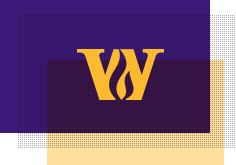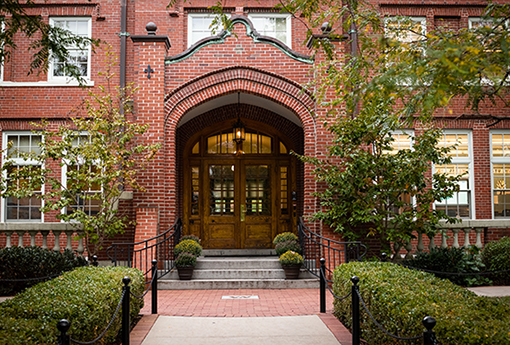
Define Rigor
February 21, 2019
What is rigor: debates about the economy among 5th graders headed to recess; DNA research conducted voluntarily (and not for extra credit) by molecular biology students; four 6th-grade novelists taking their work for feedback from an accomplished author. There is a thirst for excellence and a rigorous intellectual drive in a Wheeler education that connects to our identity as a school.
A recent opinion piece in the New York Times by Brett Stephens caught my eye. It’s titled Useless Knowledge Begets New Horizons, and was crafted on the heels of NASA’s New Horizons’ discovery of the deep space planetary object Ultima Thule. In the piece, Stephens recalls an educational reformer who posited that knowledge gained by following pure curiosity, rather than a predetermined utility, is the mark of a free world:
“Being the kind of society that does this kind of thing — that is, the kind that sends probes to the edge of the solar system; underwrites the scientific establishment that knows how to design and deploy these probes; believes in the value of knowledge for its own sake; cultivates habits of truthfulness, openness, collaboration and risk-taking; enlists the public in the experience, and shares the findings with the rest of the world — we also discover the highest use for useless knowledge: Not that it may someday have some life-saving application on earth, though it might, but that it has a soul-saving application in the here and now, reminding us that the human race is not a slave to questions of utility alone.”
The application of this idea to education — that the finest education requires both useful AND purely interest-based knowledge — lives at the center of our new Strategic Design, and is connected to the definition of a word central to Wheeler’s identity: rigor. While certainly, the future of education rests on “essentials” — communication, creativity, critical thinking, and collaboration — equally important are curiosity, a thirst for excellence, and a rigorous intellectual drive, a mix which sets a Wheeler education apart.
The dictionary defines rigor to be “the quality of being extremely thorough, exhaustive, or accurate.” It is derived from the Latin term rigere or ‘be stiff’.
When we speak of rigor at Wheeler, we mean . . .
Discourse and dialogue: Fifth graders walking out of a classroom for recess still discussing China and its role in the world’s economy. Fourth graders sharing opinions about why immigration should be studied by every young person.
Challenge: A prospective parent peering into an 8th-grade math class, remarking to his spouse that the statistics program is quite similar to his own college intro class. Nursery students placing a plank over a fallen tree in the woods on Farm Friday, and reminding each other where the “fulcrum” is located.
Creativity: A late night inspiration becomes a piece for English class and is then revised and polished and eventually wins a Scholastic Writing Award.
Authentic work: Circadian rhythm research generates data about DNA in our molecular biology lab. The project, taken on outside of the regular curriculum, impresses a Nobel Prize-winning biologist visiting campus.
Entrepreneurship: A business plan is created for an Aerie independent study to address sustainable farming practices in Rhode Island. A prototype is built, funded by a grant from our DIB Lab.
Inspiration: A student’s innermost thoughts become verse. The author is named Rhode Island’s Youth Poetry Ambassador.
Critical thought: A lively debate about the Pentagon Papers begins in class, continues during lunch and leads to an invite for a retired official to join a Wheeler podcast. The discussion later aired over Rhode Island Public Radio.
Interest-Driven: Aspiring novelists meet weekly with an accomplished author to craft their pieces for publication. Playwrights produce one-acts for an April performance. Upper schoolers choose from 251-course options in the Upper School, including 15 different languages.
Intellectual Character: Six upper school students discussing Vergil’s Aeneid with a recording of Benedictine monks chanting in the background. A student spending Friday afternoons studying Sanskrit. Another spending Monday nights at a local college, learning West African dance.
Courage: Third graders memorizing and performing monologues for the entire Lower School, with a lot of gusto and without a microphone. The Middle School jazz bands making the most of their evening performance, and then being invited to sit in the next night with the Upper School jazz groups and a packed house.
As Stephens notes, even during a government shutdown, a deep space mission sent purely out of curiosity was considered “essential.” This is what rigor looks like today at Wheeler — it’s a joyful mix of energy, ambition, curiosity, and hard work.
Allison Gaines Pell
Head of School

